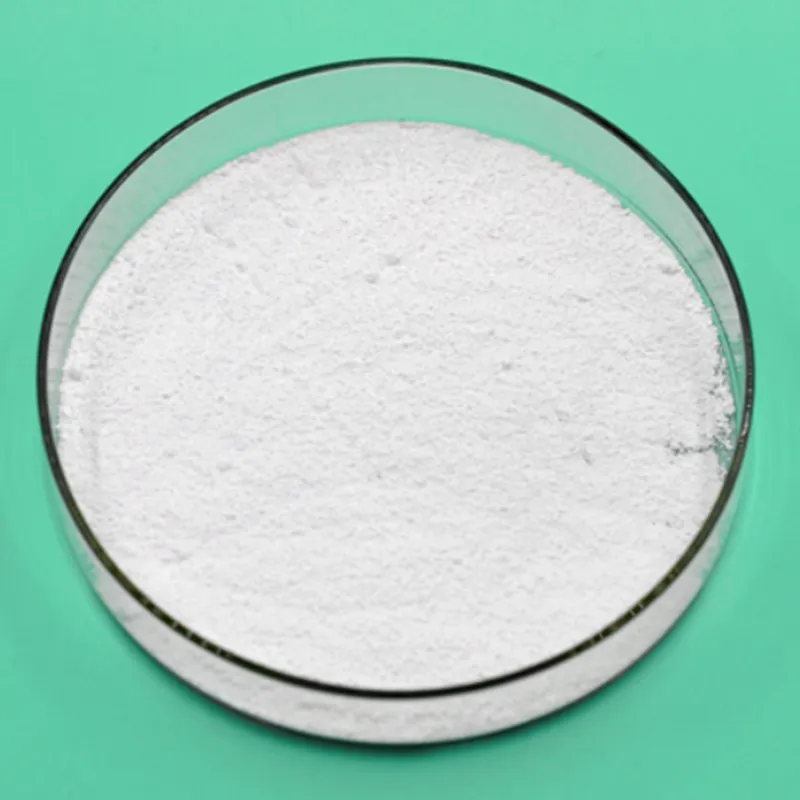
Understanding the Benefits of Potassium Sulfate as a Fertilizer for Plant Growth
The Role of Potassium Sulfate Fertilizer in Agriculture
Potassium sulfate (K₂SO₄) fertilizer is a vital nutrient source for plants, particularly important in enhancing agricultural productivity and crop quality. Composed of potassium and sulfur, it plays a crucial role in plant growth and development, making it highly sought after by farmers and agronomists. Understanding the benefits and application of potassium sulfate can help farmers optimize their yields and support sustainable agricultural practices.
Importance of Potassium and Sulfur
Potassium is one of the three primary macronutrients essential for plant growth, alongside nitrogen and phosphorus. It is key to several physiological processes, including photosynthesis, protein synthesis, and osmoregulation. This nutrient also helps in activating enzymes that are necessary for various metabolic pathways. Additionally, potassium plays a critical role in improving drought resistance in plants, promoting healthy root systems, and enhancing fruit quality.
Sulfur, on the other hand, is vital for the formation of certain amino acids and proteins, and is a key component of chlorophyll, the pigment responsible for photosynthesis. It also aids in the plant's ability to resist diseases and contributes to the synthesis of oils and vitamins, which are important for overall plant health and quality.
Benefits of Potassium Sulfate Fertilizer
Potassium sulfate fertilizer offers several benefits when applied to various crops. One significant advantage is its ability to enhance fruit and vegetable quality. This is particularly evident in crops such as tomatoes, peppers, and fruits like peaches and apples, where potassium contributes to better flavor, color, and texture.
potassium sulfate fertilizer

Moreover, potassium sulfate is highly soluble in water, allowing for quick absorption by plant roots. This rapid availability makes it an effective choice for crops that require immediate nutrient boosts, particularly during critical growth stages. Unlike some other potassium fertilizers, potassium sulfate does not contribute to soil salinity, making it more suitable for sensitive crops and regions with saline soils.
Another benefit is the dual provision of both potassium and sulfur, eliminating the need for separate fertilizers and reducing application costs
. This efficiency makes potassium sulfate an economical option for farmers looking to optimize their fertilization strategies.Application and Best Practices
When using potassium sulfate fertilizer, it is essential to follow best practices for application to maximize its benefits. Soil testing is recommended to determine nutrient needs and avoid over-fertilization. The application rate can vary depending on the crop type, soil conditions, and existing nutrient levels.
Potassium sulfate can be applied in various ways, including as a dry fertilizer pre-planting or during the growing season as a top-dressing. Liquid forms are also available for foliar application, which can be beneficial in specific situations, particularly for fast-growing crops.
Conclusion
In conclusion, potassium sulfate fertilizer is an invaluable asset in modern agriculture. Its unique composition of potassium and sulfur not only supports vital plant functions but also enhances crop quality and resilience. By understanding its benefits and proper application techniques, farmers can harness the power of potassium sulfate to improve their yields and contribute to sustainable agricultural practices. As the demand for high-quality produce continues to rise, potassium sulfate will undoubtedly remain a key player in the quest for better crop management.
-
Pure Sodium Dichloroisocyanurate Dihydrate | Powerful DisinfectantNewsAug.29,2025
-
Industrial Chemicals: Quality & Purity for Every IndustryNewsAug.28,2025
-
Nitrile Rubber Honoring Strict Production StandardsNewsAug.22,2025
-
Aspartame Ingredients Honoring Food Safety ValuesNewsAug.22,2025
-
Fertilizer for Balanced Plant NutritionNewsAug.22,2025
-
Cyanide Gold Processing with High Purity AdditivesNewsAug.22,2025
-
Formic Acid in Textile Dyeing ApplicationsNewsAug.22,2025
Hebei Tenger Chemical Technology Co., Ltd. focuses on the chemical industry and is committed to the export service of chemical raw materials.
-

view more DiethanolisopropanolamineIn the ever-growing field of chemical solutions, diethanolisopropanolamine (DEIPA) stands out as a versatile and important compound. Due to its unique chemical structure and properties, DEIPA is of interest to various industries including construction, personal care, and agriculture. -

view more TriisopropanolamineTriisopropanolamine (TIPA) alkanol amine substance, is a kind of alcohol amine compound with amino and alcohol hydroxyl, and because of its molecules contains both amino and hydroxyl. -

view more Tetramethyl Thiuram DisulfideTetramethyl thiuram disulfide, also known as TMTD, is a white to light-yellow powder with a distinct sulfur-like odor. It is soluble in organic solvents such as benzene, acetone, and ethyl acetate, making it highly versatile for use in different formulations. TMTD is known for its excellent vulcanization acceleration properties, which makes it a key ingredient in the production of rubber products. Additionally, it acts as an effective fungicide and bactericide, making it valuable in agricultural applications. Its high purity and stability ensure consistent performance, making it a preferred choice for manufacturers across various industries.





